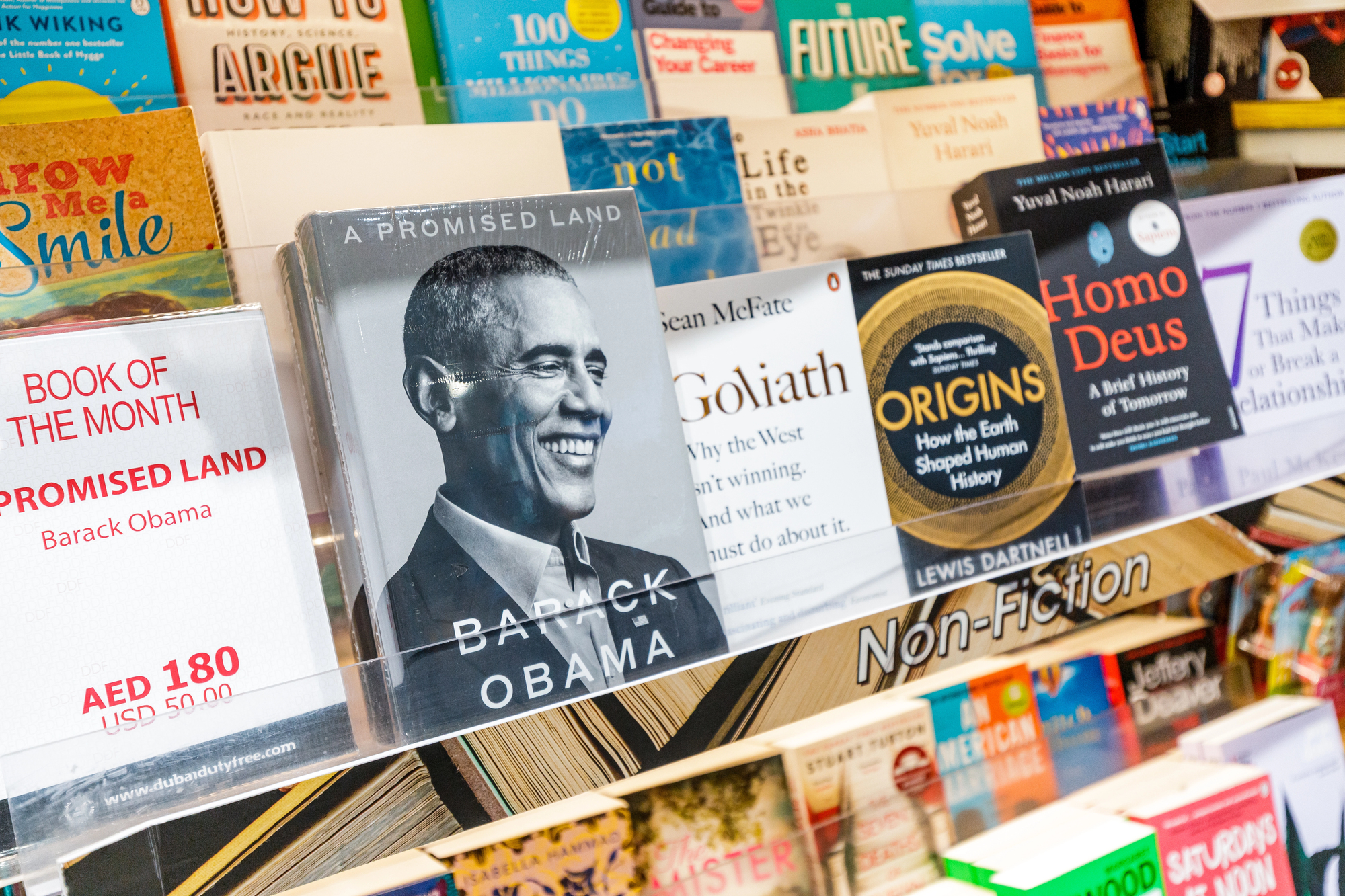How to Bet on The Baillie Gifford Prize

Forget the Booker for a minute. If you want a real intellectual challenge, a puzzle that rewards deep reading and sharp analysis, then betting on the Baillie Gifford Prize for Non-Fiction is where the action is. This isn’t about predicting a bestseller; it’s about getting inside the heads of a small group of experts as they decide which book of history, biography, or science is the most important of the year.
Winning a bet on the Baillie Gifford is the ultimate bragging right for any serious reader. It’s a sign that you don’t just read the books, you understand the conversation around them. But it’s a tricky game, full of subjectivity and nuance. Here’s a breakdown of how you can tackle this unique betting market.
First, What Exactly Is This Prize?
Before you put any money down, you need to know what you’re betting on. The Baillie Gifford is the UK’s top prize for non-fiction. It looks for books that are not only brilliantly researched but also beautifully written. This is the key. The prize’s mission is to bring top-tier non-fiction to a wider audience. A book that reads like a dry academic textbook, no matter how groundbreaking its research, is probably dead on arrival. The winner has to be a compelling read.
The books on the shortlist can cover anything from ancient history and particle physics to a rock star’s memoir or an investigation into a political scandal. The sheer variety is what makes it so interesting.
Finding a Place to Play
Your first mission is to find a bookmaker that even offers odds. Because the Baillie Gifford is a UK prize, your best bet will be the major British and European betting sites. You probably won’t find it on a site that only focuses on American sports.
Once you’re on a platform, don’t look under “Sports.” Hunt around for a section called “Specials” or “Novelty Bets.” Sometimes it’s tucked away under “Entertainment” or “Awards.” It pays to have accounts on a couple of different sites. This lets you do something called “line shopping.” One site might have a book at +400 (meaning you win $400 on a $100 bet), while another has it at +500. Taking a minute to find the best odds is a simple way to get a bigger payout for the exact same result.
The Shortlist Is Your Starting Gun
Things get serious when the shortlist of six books is announced, usually in early October. This is your field of contenders. Everything before this is just speculation. Once you have these six titles, you can start digging in and forming a real strategy.
How to Size Up the Contenders
You need to look at each book from a few different angles. Don’t just pick the one that sounds most interesting to you. Think like a judge.
Is the Topic Hot?
Timing is everything. A book that taps into a major global conversation (climate change, artificial intelligence, a political movement) often has a natural momentum. Judges are people living in the world, and a book that feels urgent and relevant can capture their attention. This doesn’t mean a history book can’t win. A brilliant story from the past that sheds new light on our present can be just as powerful.
Who Wrote It?
Take a look at the author. Are they a household name, a respected historian or journalist who has been producing important work for decades? Or are they a debut author with a raw, personal story that nobody saw coming? The prize has a history of rewarding both. An established name can feel like a safe and prestigious choice, but a stunning debut can create a buzz that’s hard for judges to ignore.
Is It Actually a Good Read?
This goes back to the prize’s core mission. You need to get a sense of the book’s prose style. Since you probably won’t have time to read all six, reviews are your best friend here. Look for descriptions of the writing itself. Are critics calling it “gripping,” “luminous,” or a “page-turner“? That’s a huge green flag. If reviews say a book is “dense,” “exhaustive,” or “challenging,” it might be a tougher sell for the judges, unless the topic is so important it can’t be overlooked.
The Secret Weapon: Know the Judges
If you take away only one thing from this guide, let it be this: research the judges. The Baillie Gifford isn’t decided by a huge, anonymous body. It’s chosen by a small panel of four to six people, and the panel is different every single year. Their personal tastes and professional backgrounds are the single most important factor in the entire contest.
Find out who they are. What have they written themselves? A panel stacked with professional historians might lean toward a sweeping historical narrative. If the chair is a science journalist, maybe that book about genetics has a real shot. Read their past interviews. Watch talks they’ve given. What kinds of books do they admire? Their intellectual fingerprints will be all over the final decision. This is where you can find a real edge that the general betting public might miss.
Chasing the Critical Buzz
While the judges make their decision behind closed doors, they aren’t living in a bubble. They read the same high-end publications that shape the literary conversation. You need to tap into that chatter.
Don’t just look at Amazon reviews. Go to the sources that the judges themselves likely read. Check out the book reviews in The Guardian, The Times Literary Supplement, the London Review of Books, and other serious outlets. When these publications start using words like “masterpiece,” “definitive,” or “a landmark achievement,” take note. A critical consensus can create a powerful sense of inevitability around a certain book.
Placing a Smart Bet, Not Just a Hopeful One
After all your research, it’s time to look at the odds again. You’ll notice there’s a favorite, i.e., the book with the shortest odds (e.g., -120 or +150). This is often the book with the most mainstream media attention. It might very well win. But it might not be the smartest bet.
The real goal is to find value. Value is when you believe a book’s chances of winning are better than what the odds suggest. Let’s say the favorite is a big political biography at +150. But you’ve done your homework. You know that a history of science book is on the list at +800, and you’ve discovered that two of the five judges are prominent science writers with a passion for the subject. Suddenly, that +800 longshot doesn’t look so long anymore. That’s a value bet.
Betting on the Baillie Gifford is a deeply rewarding process that forces you to engage with incredible books on a whole new level. Win or lose, you’ll come away with a much richer appreciation for the world of non-fiction.







